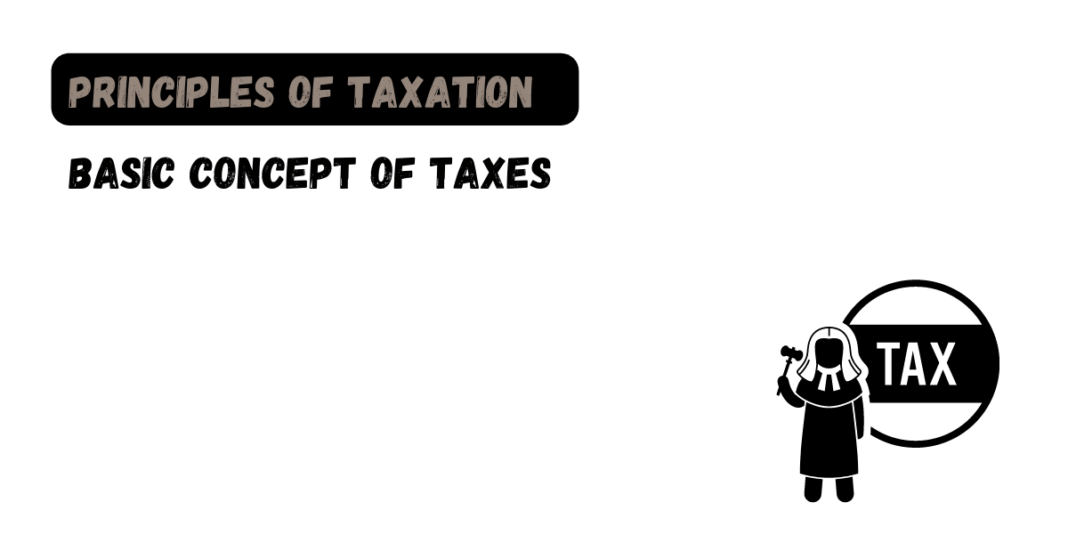The basic concept of taxes revolves around the collection of funds by the government from individuals and businesses to finance public expenditure and provide essential services.
Revenue Generation
Taxes are primarily imposed to generate revenue for the government. The funds collected through taxes are used to finance various government activities, such as infrastructure development, healthcare, education, defense, social welfare programs, and public services.
Compulsory Payments
Taxes are mandatory payments imposed by the government on individuals, businesses, and other entities. It is a legal obligation for taxpayers to comply with tax laws and pay the specified amount of taxes based on their income, assets, transactions, or other taxable factors.
Types of Taxes
There are different types of taxes levied by governments, including:
- Income Tax: Imposed on individuals and businesses based on their income and profits.
- Sales Tax/Goods and Services Tax (GST): Levied on the sale of goods and services at each stage of production and distribution.
- Property Tax: Imposed on the value of real estate properties owned by individuals or businesses.
- Excise Tax: Imposed on the production, sale, or consumption of specific goods, such as alcohol, tobacco, and petroleum products.
- Corporate Tax: Levied on the profits earned by companies and corporations.
- Customs Duties: Imposed on imported goods and exported goods.
- Wealth Tax/Inheritance Tax: Taxes imposed on the accumulated wealth or inherited assets.
Taxpayer Responsibilities
Taxpayers have certain responsibilities when it comes to taxes, such as:
- Filing Tax Returns: Individuals and businesses are required to file tax returns, providing details of their income, deductions, and tax liability.
- Record Keeping: Maintaining proper records of financial transactions and supporting documents to substantiate the information provided in tax returns.
- Compliance with Tax Laws: Adhering to the tax laws, rules, and regulations set by the government, including timely payment of taxes and fulfilling reporting requirements.
Taxation Authorities
Governments designate specific taxation authorities responsible for the administration, collection, and enforcement of taxes. These authorities ensure compliance with tax laws, conduct audits, handle tax disputes, and facilitate tax-related services to taxpayers.
Taxation Principles
Taxes are often governed by principles such as equity, efficiency, simplicity, and certainty. Governments strive to design tax systems that are fair, promote economic growth, minimize administrative complexities, and provide predictability to taxpayers.





